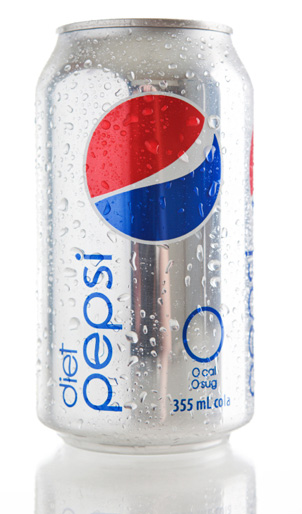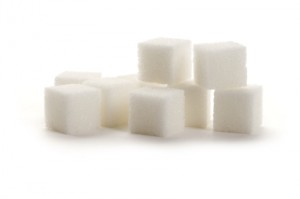Pepsi just officially released its newest beverage: Pepsi Next.
Pepsi says the new beverage has 60 percent less sugar and 60 percent fewer calories than regular Pepsi. But, in order to keep the sweetness but reduce the amount of sugar and calories, Pepsi Next features all of the sugar substitutes it has into one beverage. It combined high fructose corn syrup, aspartame, Sucralose and acesulfame potassium.
This is quite the sweetener combo and if you are like most, seeing this list may make you wonder what you’re going to be chugging. Even though Pepsi Next does contain a lot of artificial sweeteners, the fact that it is only half the calories of regular Pepsi could be a plus for those who want to reduce their sugar intake and cut calories to lose weight or maintain their weight.
Elisa Zied, MS, RD, CDN, and author of Nutrition at Your Fingertips said in an email, “If someone were to replace one full calorie soda for a Pepsi Next each day, he or she would save 60 calories—that’s 420 calories a week. They may not lose weight, but they’ll certainly save nutrient-poor sugar calories and perhaps leave more room in the diet for more healthful foods like a small piece of fruit.”

Here is some quick info on these artificial sweeteners included in the Pepsi Next that you may want to know about:
Aspartame, also found in Diet Pepsi, is one of the more controversial artificial sweeteners out there. The FDA has claimed its research has not shown any adverse health complications from aspartame. But according to MedicineNet.com, there is some evidence suggesting headaches, depression, increased hunger, and even cancer can be related to consuming aspartame.
Sucralose, also found in Pepsi One, is most well known for its claim to be made from sugar. It is usually found in Splenda and is 600 times sweeter than sucrose (table sugar). It is claimed to have no calories by itself. According to Sucralose.org, it is not a natural product. The website claims it is made from a chemically modified sugar molecule. The FDA reviewed studies in human beings and animals. It determined there was no evidence of it causing cancer and posed no risk to human health. According to MedicineNet, the acceptable daily intake (ADI) for sucralose is set at 5 mg per kilogram of body weight per day. So if you weighed 200 pounds, your ADI would be 455 mg. According to Pepsi’s product information for every 12 ounces, there is approximately 14 mg of sucralose. (more…)

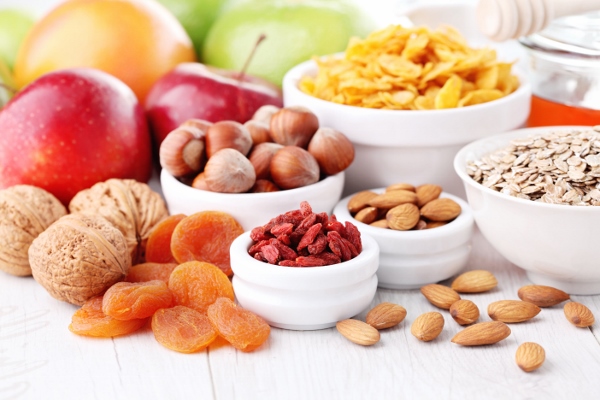
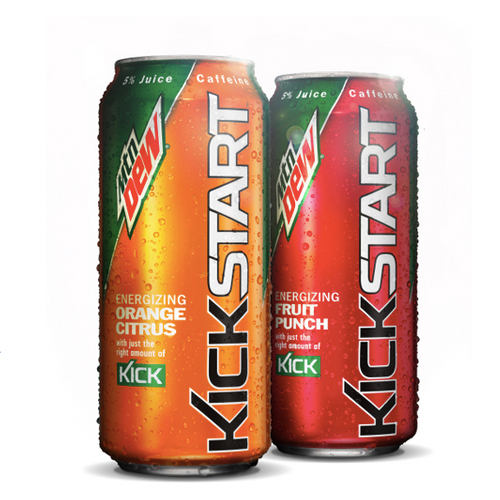
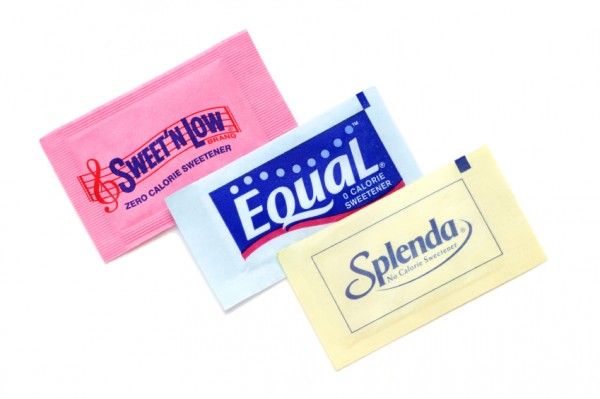 “Sweetened beverages, coffee and tea are commonly consumed worldwide and have important physical — and may have important mental — health consequences,” said study researcher Honglei Chen, M.D., Ph.D., an investigator in the Epidemiology Branch at the National Institute of Environmental Health Sciences.
“Sweetened beverages, coffee and tea are commonly consumed worldwide and have important physical — and may have important mental — health consequences,” said study researcher Honglei Chen, M.D., Ph.D., an investigator in the Epidemiology Branch at the National Institute of Environmental Health Sciences.